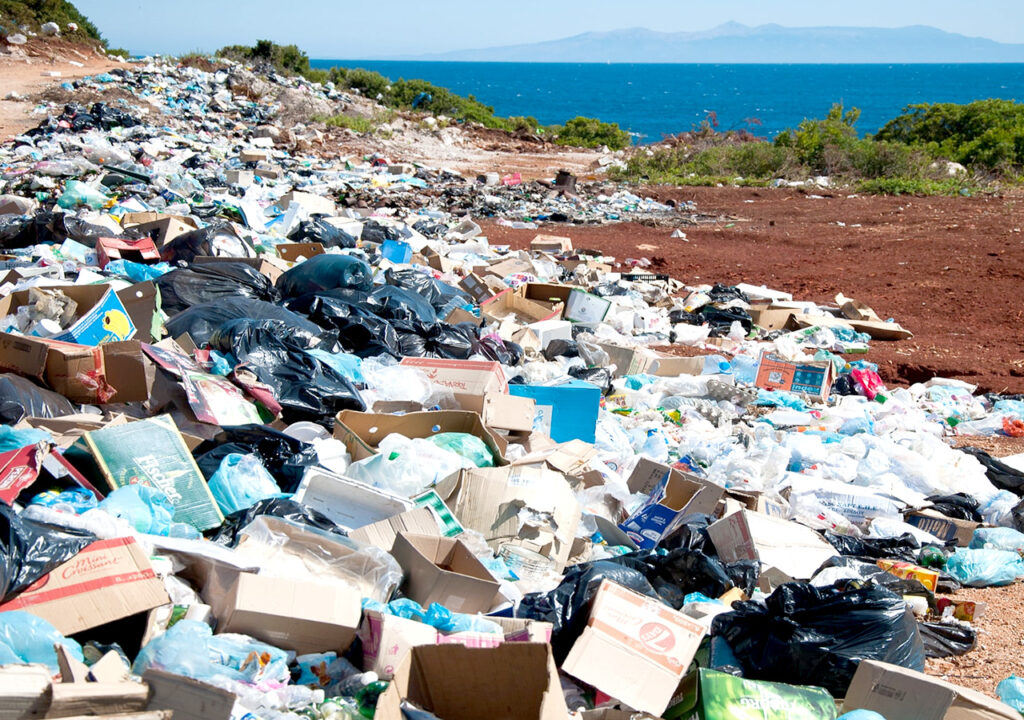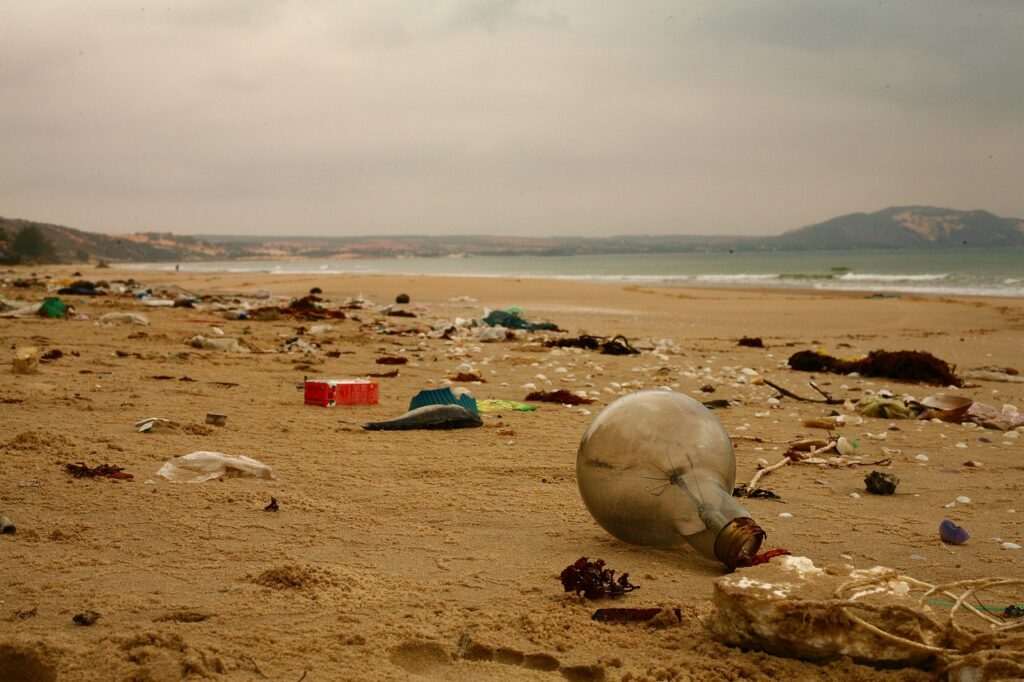
The Union Ministry of Environment, Forest and Climate Change (MoEFCC) has notified guidelines on Extended Producer Responsibility (EPR) for plastic packaging. These guidelines provide framework for implementation of EPR and establish the roles and responsibilities of Producers (P), Importers (I), Brand Owners (BO), Central Pollution Control Board (CPCB), State Pollution Control Board or Pollution Control Committees, recyclers and waste processors for effective implementation of EPR.
“Extended Producer Responsibility (EPR) means the responsibility of a producer for the environmentally sound management of the product until the end of its life’’.
MoEFCC notified the Plastic Waste Management Rules, 2016 on 18th March, 2016. They also notified the Solid Waste Management Rules, 2016 on 8th April, 2016. As plastic waste is part of solid waste, therefore, both the rules apply to managing plastic waste in the country.
Union environment minister Bhupender Yadav took to social media for announcing the notification of the latest Plastic Waste Management (Amendment) Rules, 2022, late on 17th February 2022. “Taking forward the clarion call given by PM Shri @narendramodi ji to eliminate single-use plastics, @moefcc has notified comprehensive Guidelines on Extended Producers Responsibility on plastic packaging,” Mr Bhupinder tweeted.
The new rules classify plastics into four categories: category I will include rigid plastic packaging; category II will include flexible plastic packaging of single layer or multilayer (more than one layer with different types of plastic), plastic sheets and covers made of plastic sheet, carry bags, plastic sachet or pouches. Multi-layered plastic packaging (at least one layer of plastic and at least one layer of material other than plastic) will come under category III and plastic sheet or like used for packaging as well as carry bags made of compostable plastics fall under category IV.
The implementation of EPR will be done through the centralized portal developed by Central Pollution Control Board.
New guidelines clearly specified that the entities covered under clause 6.1 of guidelines shall not carry any business without registration obtained through online centralized portal developed by CPCB and shall not deal with any entity not registered through on-line centralized portal, whereas, with respect to entities starting their business in a particular year and placing their products in market in that year, they shall have EPR target obligations from the next year.
EPR targets for the PIBOs shall be determined category-wise. They have to manage 25% of the Q1 waste in metric tonne in 2021-22. Q1 is calculated by adding the last two years’ average weights of plastic packaging material sold and pre-consumer plastic packaging waste, and subtracting the annual quantity of plastic packaging supplied to brand owners.
The EPR target will be increased to 70% in 2022-23 and 100% from 2023-24 onwards.
Guideline also laid down obligations for PIBOs to use recycled plastic content in plastic packaging. In cases, where it is not possible to meet the obligation in respect of recycled plastic content on account of statutory requirements, the exemption will be granted by CPCB on case-to-case basis. However, in such cases, the PIBOs will have to fulfil its obligation of use of recycled content (in quantitative terms) through purchase of certificate of equivalent quantity from such PIBOs who have used recycled content in excess of their obligation. CPCB will develop mechanism for such exchange on the centralized online portal
For end-of-life disposal it is mentioned that only those plastics, which cannot be recycled will be sent for end-of-life disposal such as road construction, waste to energy, waste to oil, co-processing in cement kiln as per relevant guidelines issued by Indian Road Congress or Central Pollution Control Board from time to time.
In case of any non-fulfilment of EPR targets by PIBOs, environment compensation shall be levied based on polluter pays principle. CPCB shall lay down guidelines for imposition and collection of environment compensation for non-compliance cases.


Thanks for sharing. Very well summarized
Thanks
Very good article
Latest EPR framework needs more clarity from MoEFCC
Thanks
Yes, guidelines have few unanswered questions.
For more detail discussion or any query on this, please write to us at support@envofix.com
Nice article. Useful quick summary by Kamran.
Thanks a ton!!
Good work! This article is helpful in quick understanding of latest EPR guidelines.
Thanks a lot